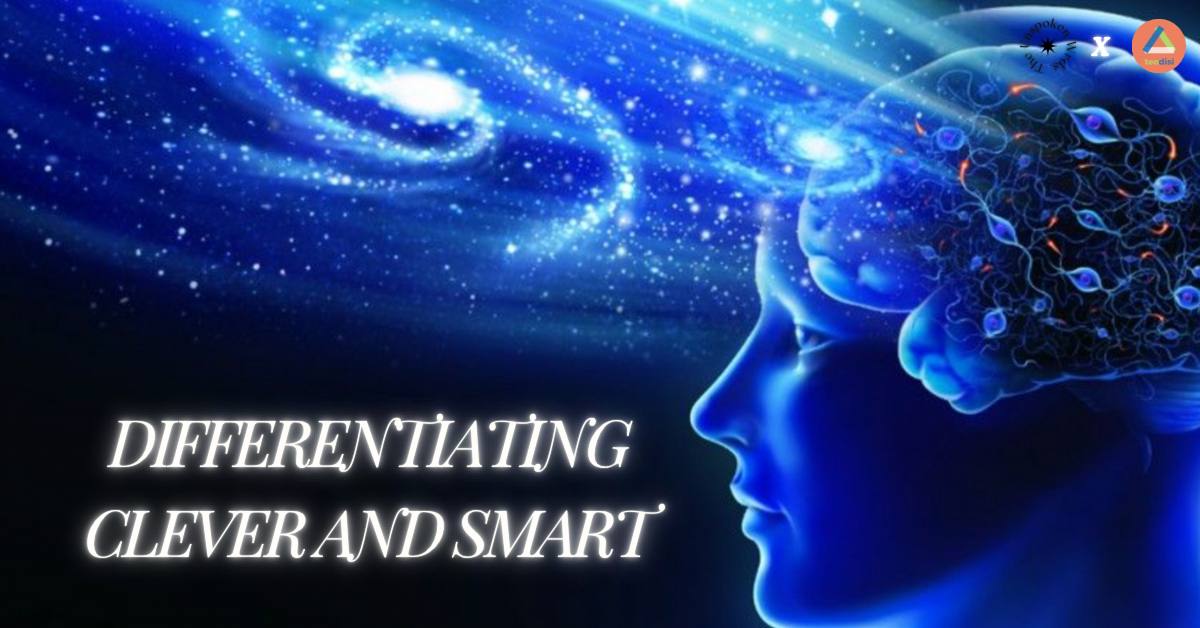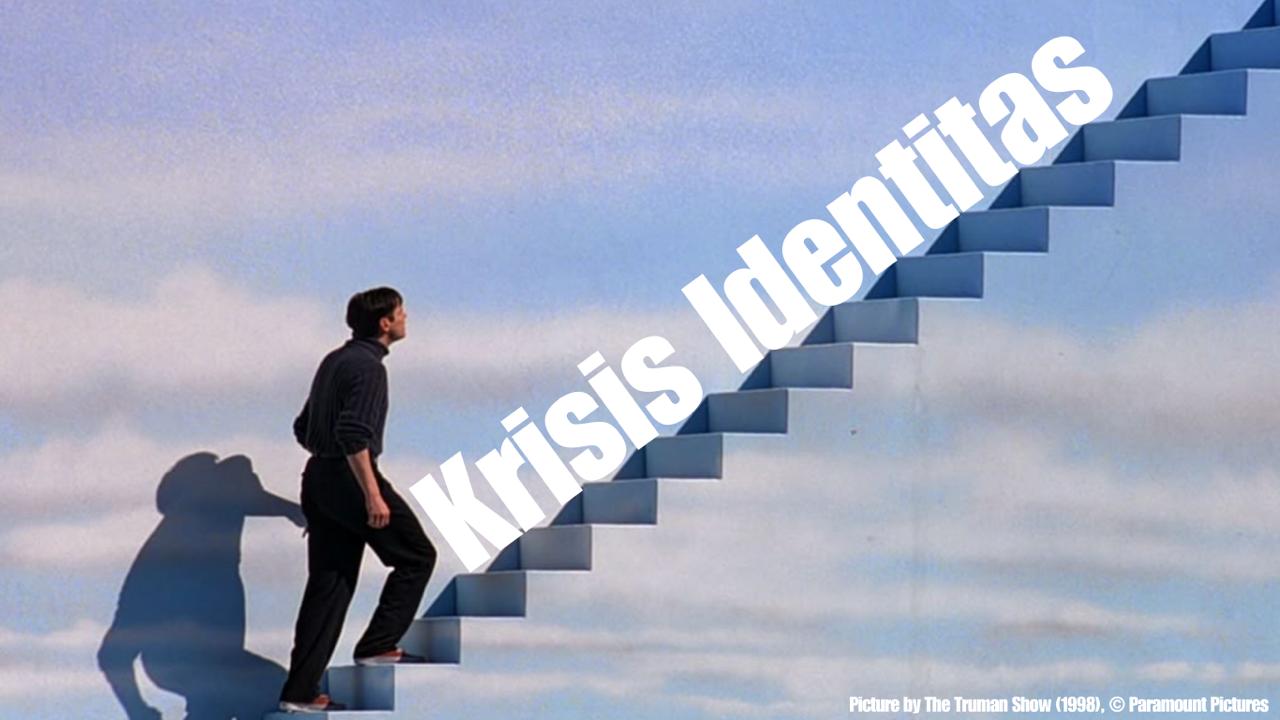Cleverness is often equated with being smart. While clever people are indeed smart, not every smart person is necessarily clever, because cleverness goes beyond just having knowledge. “Smart” typically refers to someone who knows a lot, is skilled, and quickly understands new information, especially in technical or academic areas. But cleverness involves a deeper intellectual and moral development sharp thinking, agility, and adaptability. Clever people can grasp complex ideas, solve challenging problems, and find creative solutions quickly, and they make things easier for others to understand, too.
Surat Ali ’Imran (3:190-191) describe people who reflect on the creation of the space and the earth, showing they are people of insight (ulil albab) who are always mindful of Lord of the universe greatness. This reflects a form of cleverness that isn’t just about worldly knowledge or intelligence, but a deeper understanding that makes a person continuously learn and observe signs of Lord Of The Universe greatness.
In Surah Al-Baqarah (2:247), it’s said ” بَسۡطَةً فِى الۡعِلۡمِ وَ الۡجِسۡم ” bastotan fil ilmi wal jismi, which means “broad knowledge and physical strength.” Talut was granted this gift by Allah to lead wisely and strongly. In the context of these verses, cleverness isn’t just about having vast knowledge or technical skills, it’s about a deeper understanding, adaptability, and creative thinking. Meanwhile, the meaning of “bastotan fil ilmi wal jismi” in Surat Al-Baqarah (2:247) shows that cleverness should be balanced with other strengths, like physical and moral capabilities, to be an effective leader. True cleverness means not only absorbing knowledge but also applying it wisely, creatively, and with balance
Being smart is about knowing the right answers, being clever is about asking the right
questions-RKA & NQA




